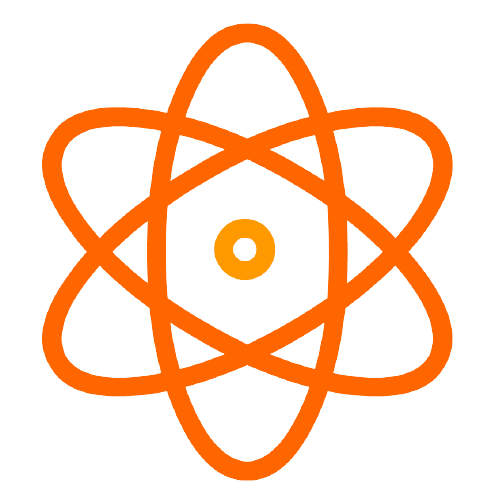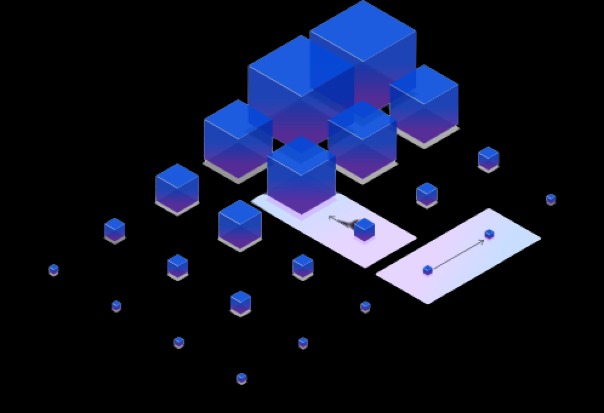


Every day, we reap the rewards of traditional computing. There are, however, several issues that today's systems will never be able to address. We don't have enough computing resources on Earth to solve problems of a certain scale and complexity.We need a different type of computation to have a hope of addressing any of these issues. The quantum mechanical phenomena of superposition and entanglement are used in universal quantum computers to construct states that scale exponentially with the number of qubits, or quantum bits.

The ability to retain and process the data is crucial to all computer systems. Individual bits, which store information as binary 0 and 1 states, are manipulated by modern computers. Quantum computers modify data by using quantum mechanical phenomena. Quantum bits, or qubits, are used to do this.

A qubit can be made in a few different ways. To build and sustain a quantum state, one approach employs superconductivity. These superconducting qubits must be held very cold in order to interact on them for long periods of time. Quantum computers run at temperatures near to absolute zero, cooler than the vacuum of space, so some heat in the device will introduce error.

Researchers from all over the world are also using real quantum processors to validate algorithms for applications in a number of fields. Even so, quantum computation was just a few decades ago a strictly theoretical topic.